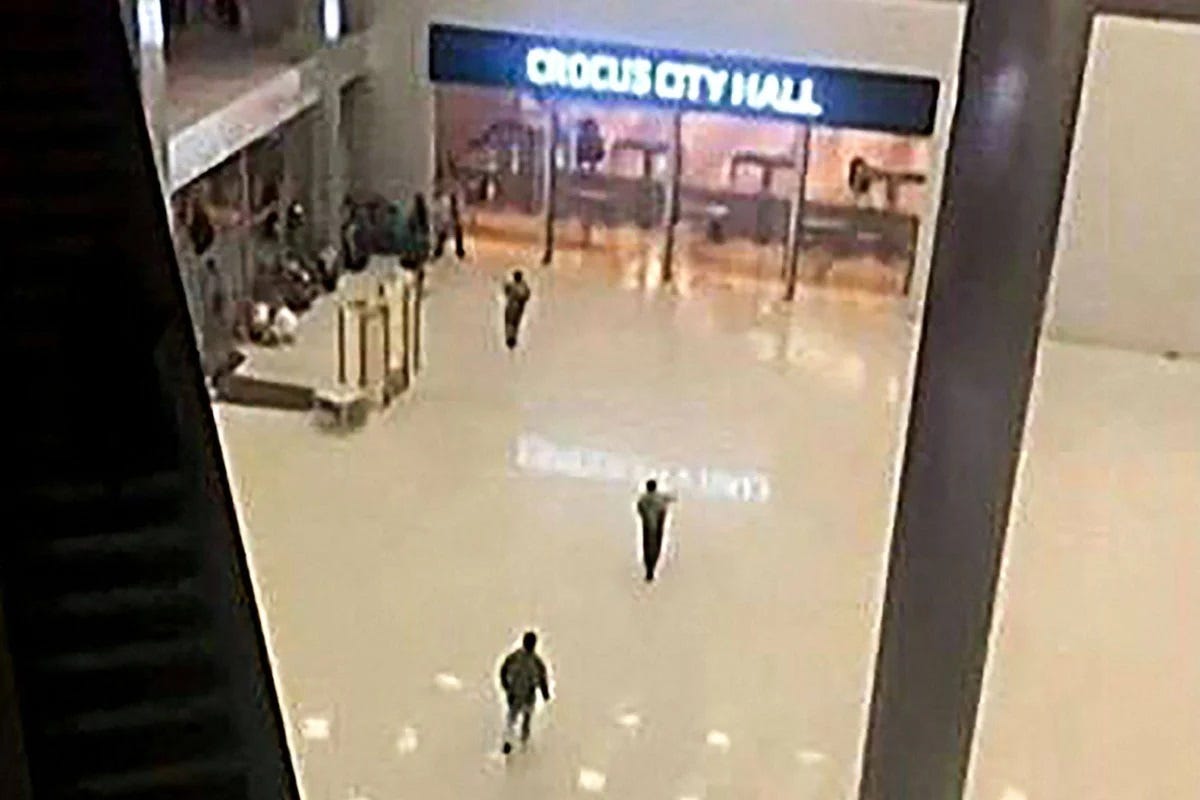Moscow terror attack may impact Southeast, South Asia, beyond. Here's how.
On the other hand, there may be little or no impact in some areas due to counterterrorism and other factors.

HIGHLIGHTS:
Could galvanise other IS affiliates, lone actors - Colin P. Clarke of The Soufan Group
Urban centre attacks strategically important for IS - Muskan Sangwan of Terrorism Research and Analysis Consortium
Major power contest not helping counterterrorism - Pawel Wojcik, independent researcher
Beware of Indonesian copycats - Noor Huda Ismail of S. Rajaratnam School of International Studies
Malaysians disenchanted with IS - Munira Mustaffa of Chasseur Group
Significant threats beyond - Faran Jeffery of Islamic Theology of Counter Terrorism
Moscow attack a stark reminder - Uday Bakhshi of Militant Wire
Call for urban centre attacks a litmus test - Georgi Engelbrecht of Crisis Group
SABAH (Malaysia): The Islamic State terror group’s attack on March 22 in Russia that killed at least 144 people could impact Southeast Asia, South Asia and beyond, according to experts.
The attack began shortly after the Russian band Picnic was scheduled to perform to a sold-out audience at the Crocus City Hall in Krasnogorsk, Moscow Oblast, as four gunmen carried out mass shooting, slashing attacks and used incendiary devices to torch the concert’s venue.
More than 551 concertgoers were injured by gunshot wounds and poisoned by the fire and on March 28, Russian authorities said a further 95 people were missing.
The Islamic State (IS) claimed the attack, blamed widely on their Khorasan branch, commonly known as Islamic State - Khorasan Province or ISKP, which is active in South-Central Asia, primarily Afghanistan and Pakistan.



